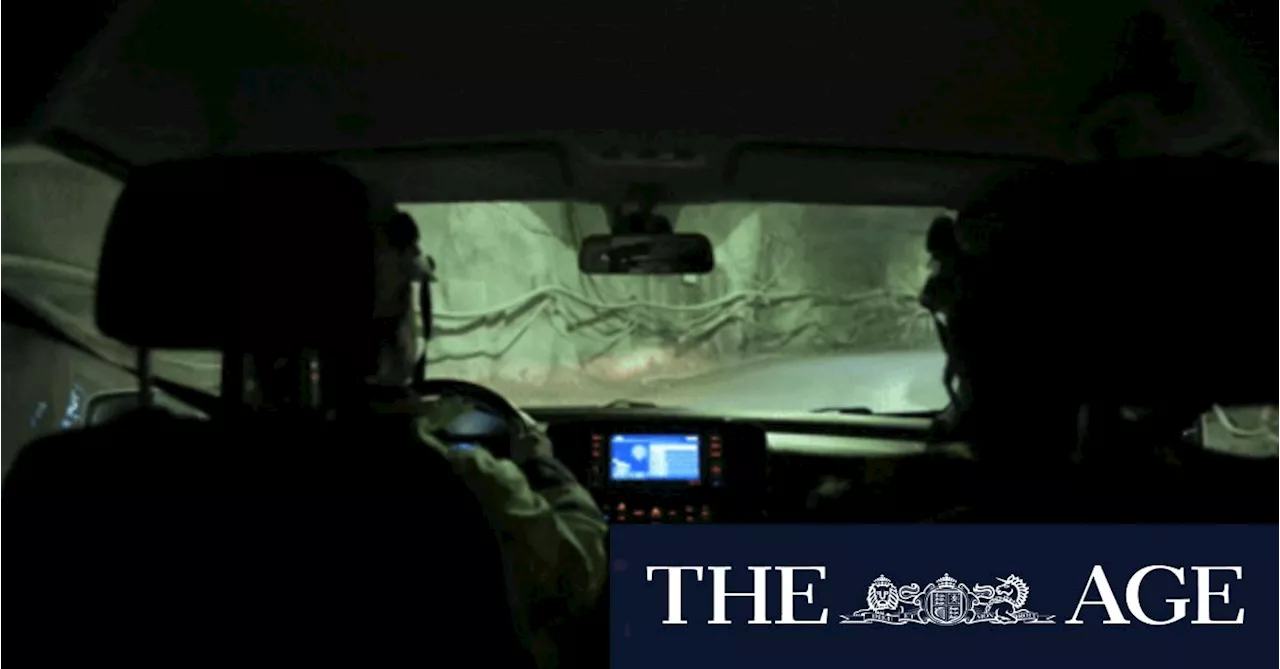It reads like a science fiction book: On a tiny island off Finland’s coast, robot tractors work deep underground to move the nation’s nuclear waste. But soon, in a world first, the gates of Onkalo will open.
On the tiny island of Olkiluoto on Finland’s Baltic Sea coast, just over three hours drive north-west from Helsinki, a minor miracle of engineering and science, planning and governance is unfolding.
A site would be selected by 2000, operations would begin by the mid-2020s. And so it was that a site was chosen by that date and Posiva, the company that won the contract to bury the waste, has just won a licence to start operations later this year.
By comparison, Australia’s targets are to reduce emissions by 43 per cent compared with 2005 levels by 2030, and reach zero in 2050. Partly this has to do with Finland’s typically pragmatic approach to policymaking, says Veikko Sajaniemi, a lead consultant with the Finnish sustainability advisers Third Rock.
But all this does not mean Finland’s nuclear path has been without difficulty or controversy, or that there is universal support for expanding it further.This takes us back to the island of Olkiluoto, where the government approved the construction of the so-called Olkiluoto 3 reactor on the same site as two older reactors in 2005, expecting it to begin delivering power in 2009.
Australia Latest News, Australia Headlines
Similar News:You can also read news stories similar to this one that we have collected from other news sources.
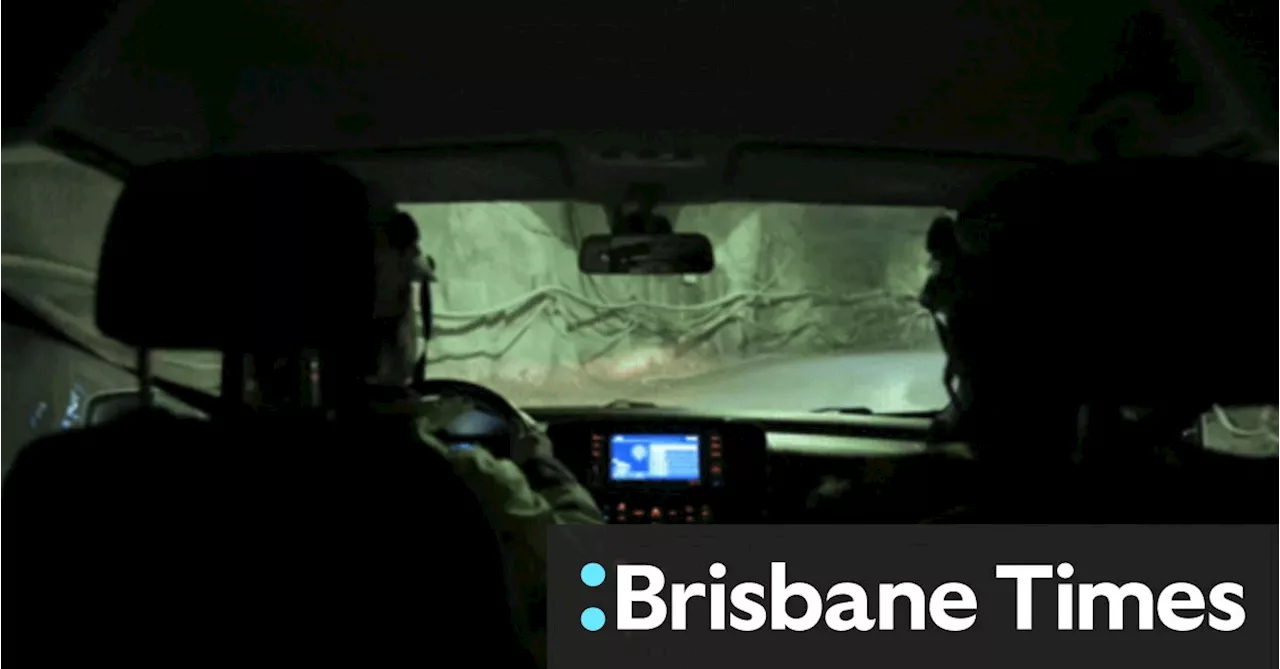 Underneath a tiny island, 50 kilometres of tunnels will house high-level nuclear wasteIt reads like a science fiction book: On a tiny island off Finland’s coast, robot tractors work deep underground to move the nation’s nuclear waste. But soon, in a world first, the gates of Onkalo will open.
Underneath a tiny island, 50 kilometres of tunnels will house high-level nuclear wasteIt reads like a science fiction book: On a tiny island off Finland’s coast, robot tractors work deep underground to move the nation’s nuclear waste. But soon, in a world first, the gates of Onkalo will open.
Read more »
 ‘Not a waste’: Premier Malinauskas reacts to poor turnout for SA voice electionSouth Australian Premier Peter Malinauskas has defended the state government’s decision to establish a Voice to Parliament following a dud turnout in a non-compulsory election.
‘Not a waste’: Premier Malinauskas reacts to poor turnout for SA voice electionSouth Australian Premier Peter Malinauskas has defended the state government’s decision to establish a Voice to Parliament following a dud turnout in a non-compulsory election.
Read more »
 ‘Small but mighty’: how invertebrates play central role in shaping our worldFrom decomposing waste to building coral reefs, invertebrates provide structure to ecosystems
‘Small but mighty’: how invertebrates play central role in shaping our worldFrom decomposing waste to building coral reefs, invertebrates provide structure to ecosystems
Read more »
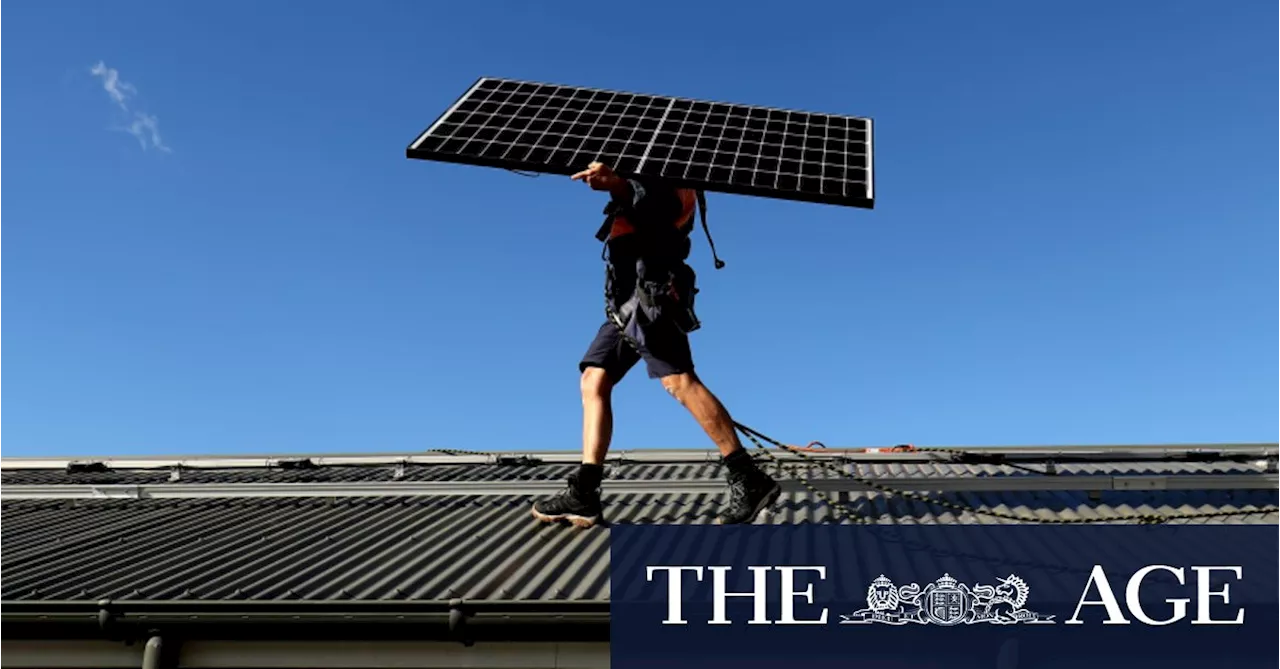 Australia Faces Growing Challenge of Solar WasteAustralia is projected to generate over 50,000 tonnes of solar waste annually, prompting calls for increased recycling facilities. The country's early adoption of solar energy has led to a surge in retired panels, creating a significant recycling challenge. A 12-year road map is proposed to establish a circular economy in the sector.
Australia Faces Growing Challenge of Solar WasteAustralia is projected to generate over 50,000 tonnes of solar waste annually, prompting calls for increased recycling facilities. The country's early adoption of solar energy has led to a surge in retired panels, creating a significant recycling challenge. A 12-year road map is proposed to establish a circular economy in the sector.
Read more »
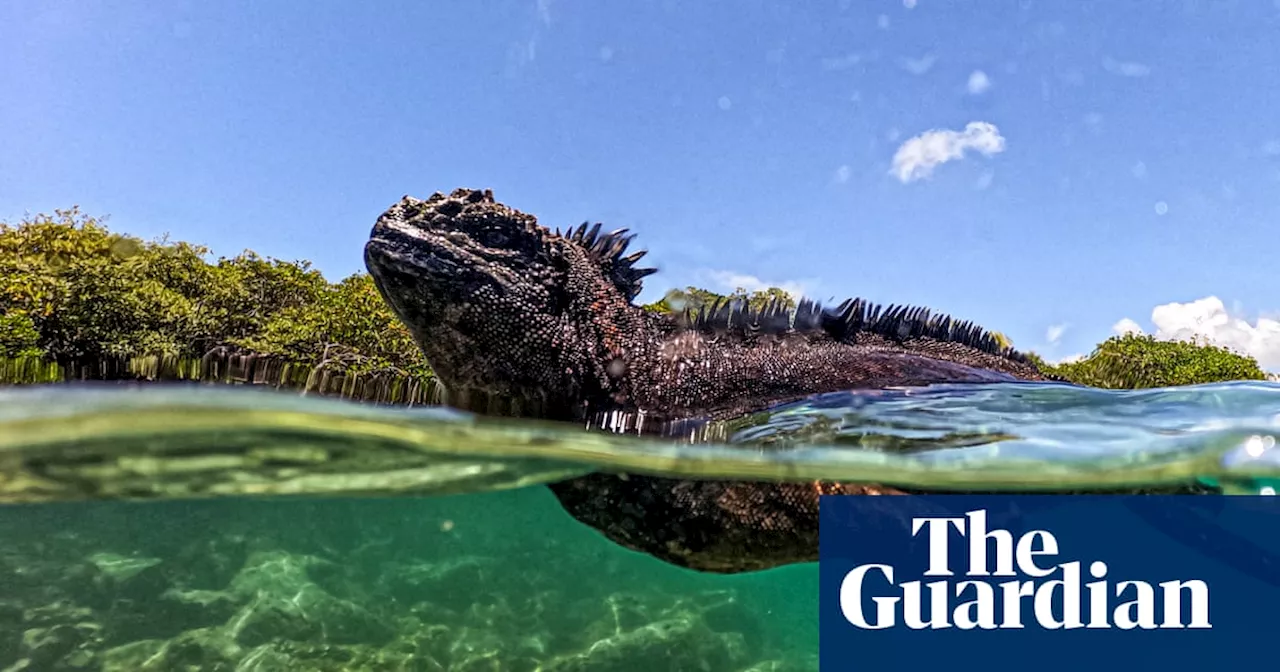 – and plastics’: animals of Galápagos live amid mounds of wasteAs diplomats search for a way to curb the world’s growing problem of plastic, bottles, buoys, nets and packaging are piling up on what should be one of the most pristine environments
– and plastics’: animals of Galápagos live amid mounds of wasteAs diplomats search for a way to curb the world’s growing problem of plastic, bottles, buoys, nets and packaging are piling up on what should be one of the most pristine environments
Read more »
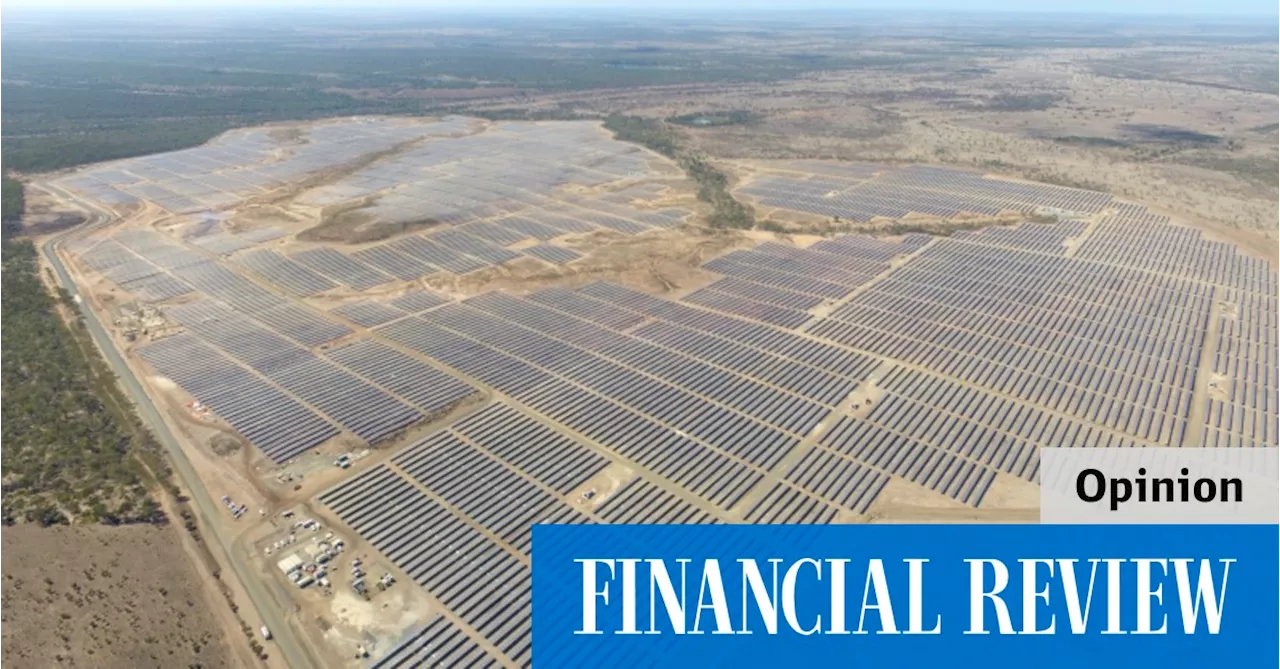 Energy transition: Let’s not waste the green energy opportunityThe government’s industry policy is not some throwback to the Deakinite settlement. It’s quite the opposite.
Energy transition: Let’s not waste the green energy opportunityThe government’s industry policy is not some throwback to the Deakinite settlement. It’s quite the opposite.
Read more »
